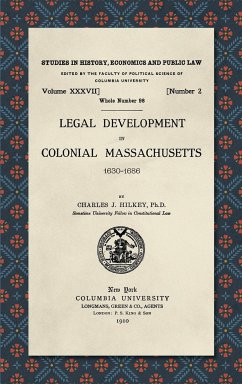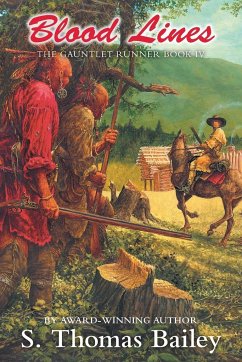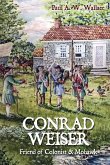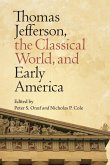Perhaps few other frontiersmen of the early Revolutionary period were as complicated as the notorious Simon Girty. A native of Pennsylvania, Girty spent years of his childhood as a captive of the Seneca, eventually assimilating into its culture. During Lord Dunmore's War, Girty fought alongside Simon Kenton and Daniel Boone as a spy and scout for the British forces. Although initially supporting the Americans in the Revolution, Girty switched sides in 1778 and fought the remainder of the war against the colonials. After the war, Girty continued to fight against American encroachment on native territories. He settled in Canada and died there in 1818. His unusual life reflected the decades during which the "middle ground" was built and contested by native Americans and the British and French colonial empires.
Hinweis: Dieser Artikel kann nur an eine deutsche Lieferadresse ausgeliefert werden.
Hinweis: Dieser Artikel kann nur an eine deutsche Lieferadresse ausgeliefert werden.









